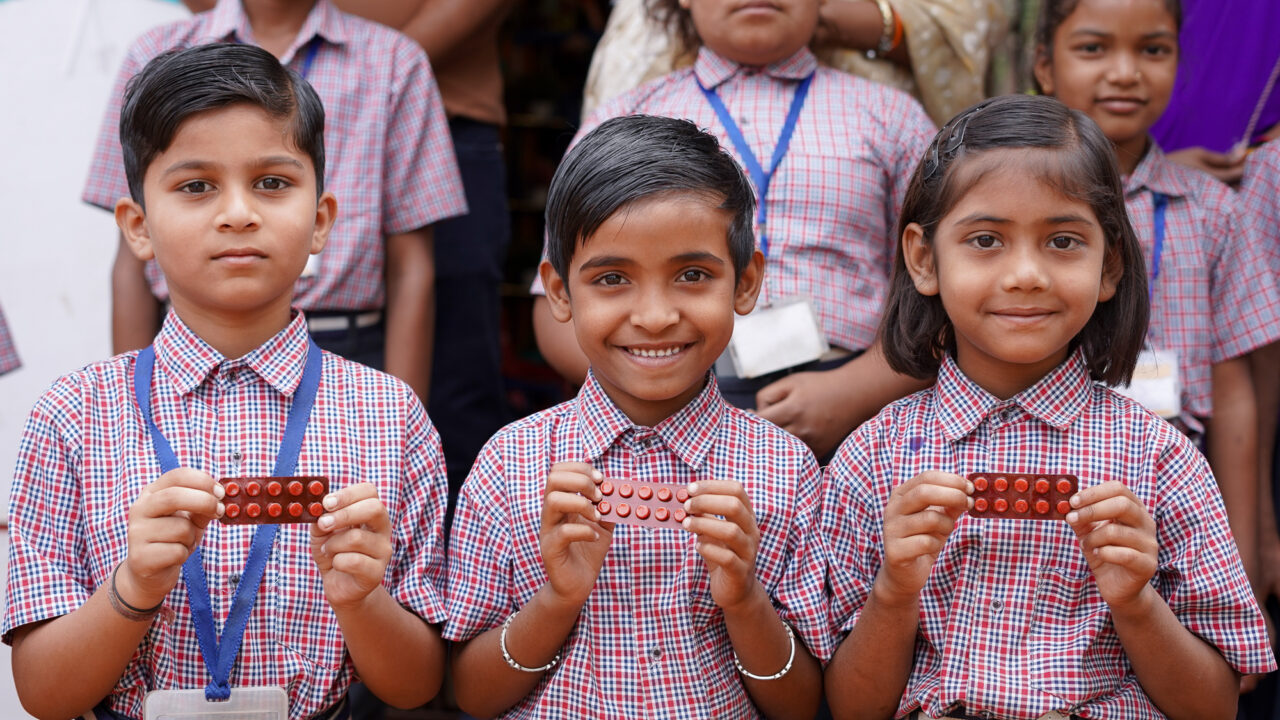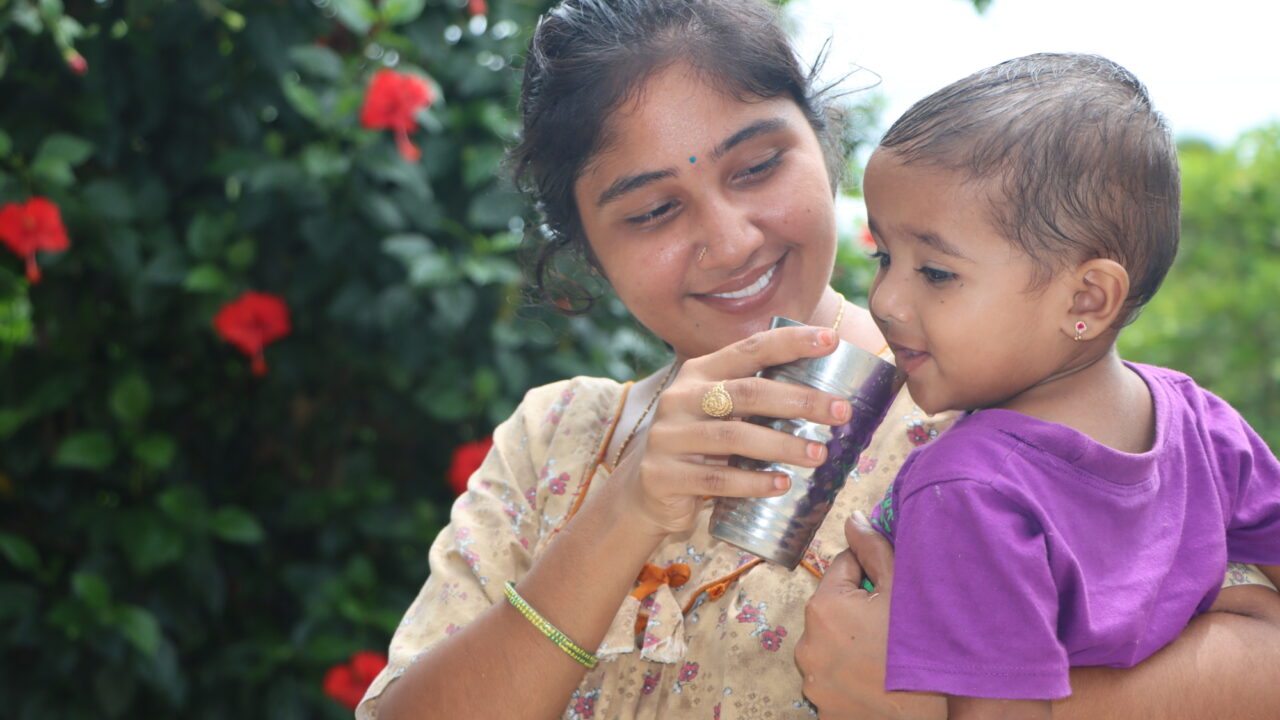India’s success with at-scale deworming is no secret. As we’ve noted before on our blog (here, here, and here), since 2015 the Government of India’s National Deworming Day (NDD) program has provided regular deworming treatment to at-risk children aged 1-19 at schools and preschools throughout the country, to treat and prevent soil-transmitted helminth (STH) infections. The reach of NDD – over 275 million children annually, per government reported program data – makes it the largest single day public health program in the world.
Earlier this month, Evidence Action helped organize a symposium presenting the key drivers of NDD’s success, lessons learned to inform other deworming programs, and the future direction of the program, with a technical focus on the government’s approach to prevalence surveying. The symposium was part of the Coalition for Operational Research on Neglected Tropical Diseases (COR-NTD) annual meeting, which provides a forum for important discussion of the global NTD applied research agenda among researchers, government NTD program managers, implementing partners, donors, and the World Health Organization.
COR-NTD is virtual in 2020 due to the COVID-19 outbreak. The symposium, ‘India’s new helminth control paradigm’, forms part of a larger synthesized discussion around future directions for helminth control, ‘STH: OR needs to sustain the gains’, alongside the symposiums ‘Integrated strategies for helminth hotspots’, and ‘WASH: Where is the evidence’ during COR-NTD (November 12-14).
‘India’s new helminth control paradigm’, now available for public view, was moderated by Professor Donald Bundy of the London School of Hygiene and Tropical Medicine and includes the following presentations:
- Dr. Sila Deb, Additional Commissioner, Child Health, & In Charge – Nutrition, Ministry of Health and Family Welfare: Development of the Government of India’s 5-year STH Control Roadmap: designing a ‘new chapter’ in helminth control for one of the world’s largest populations
- Dr. CS Aggarwal, Director, Indian National Centre for Disease Control: Mapping STH across the whole of India
- Dr. Manoj Murhekar, Director, National Institute of Epidemiology: Extensive reductions in STH in large-scale school-based impact assessments in seven states of India
- Priya Jha, India Country Director, Evidence Action: Evaluating the feasibility and cost-effectiveness of conducting community-based surveys of STH



